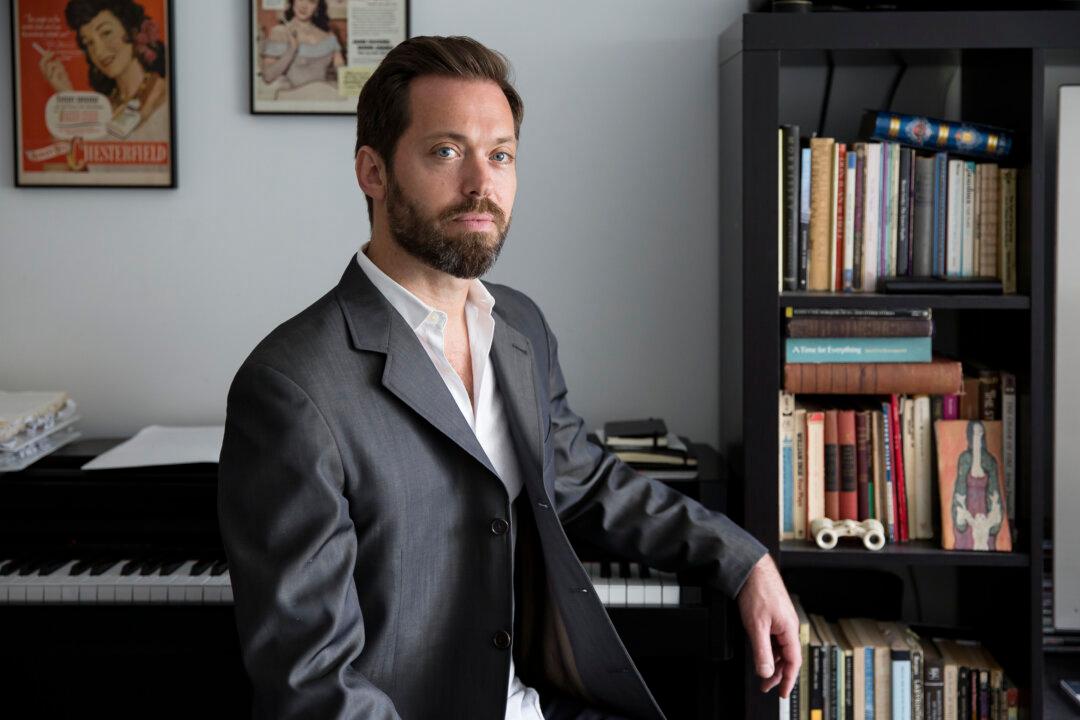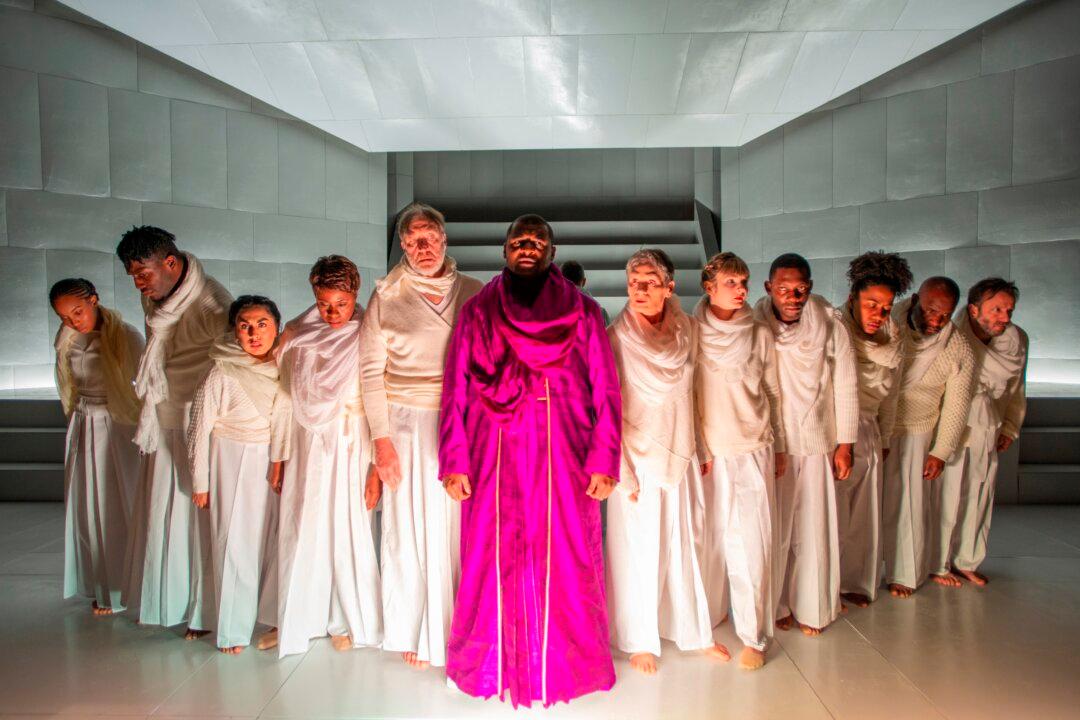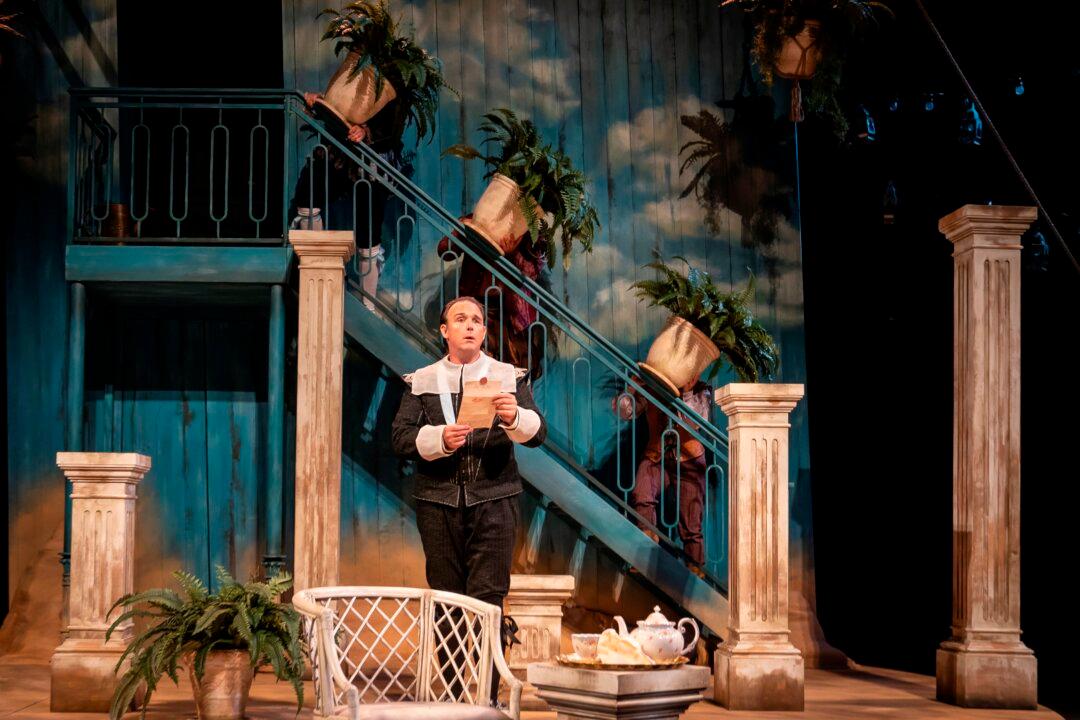The classics offer artists endless inspiration, says baritone Darren Chase. Each classic piece not only captures its creator’s zeitgeist, but also becomes fertile soil for the works of subsequent artists.
Some contemporary composers recite the mantra “new, new, new, form new things!” But Chase feels that it’s “better to anchor a new creation in something great and respond to it respectfully,” as countless artists have done before.
I'm in music because of the words.





